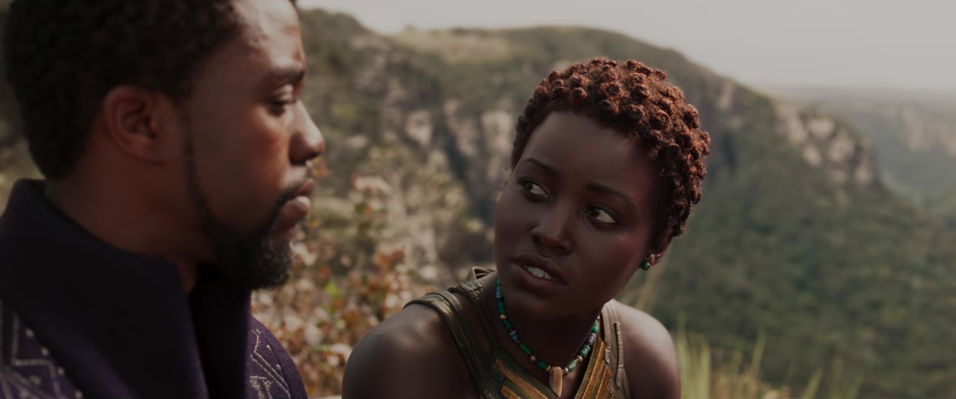Black Panther has surged through its first two weekends in the box office, setting records for the month of February. The film is currently the highest-grossing solo outing for a Marvel Cinematic Universe character. But behind the main plot of the Wakandan ruler, the movie has a lot more to say.
For starters, the movie’s villain, Killmonger, portrayed by Michael B. Jordan, is one of the best in MCU history. His vision is relatable, even if it’s challenging to agree with. Though Killmonger goes to extremes, in the end, he’s a young man from Oakland who has seen how black people have struggled throughout the world and wants to use newfound power to remedy that.
The Black Panther party was founded in Oakland, which is also the hometown of the film’s director, Ryan Coogler, and the town where T’Challa plans to begin Wakandan outreach in the U.S. The Afrofuturism of Black Panther is exciting and proves that audiences come out for movies starring people of color. But it’s not a Marvel movie — it’s a Coogler movie.
Tied to Killmonger’s international struggle is CIA agent Everett Ross, portrayed by Martin Freeman. Ross, an American who knows more about Wakanda than anyone else, is nevertheless ignorant of the country’s vast resources, technology or wealth. In fact, the whole world believes Wakanda to be a desolate, poor, African nation.
Killmonger makes a claim for the throne in Wakanda, and after earning it briefly, he seeks vengeance and retribution for the benefit of his race and his late father. Ross’ presence in Wakanda has stronger implications within the context of Killmonger’s story.
Throughout much of its history, the U.S. government has illegally attempted to undermine groups it’s deemed treasonous, including the Black Panther Party, which arose around the time the character first did in the comics. FBI intervention was a form of resistance to the Civil Rights movement.
Black Panther shows another reality — one where the power dynamic has shifted, and the Black Panther has control — by including a character who works for the American government. The U.S. is completely ignorant of Wakanda’s technological advancements and power. Killmonger wants to use the resources, expose Wakanda’s technology to the world and reverse injustices. T’Challa, on the other hand, sees the harm xenophobia has caused, including some serious family drama.
When Killmonger is defeated, he turns down imprisonment, and asks to be buried at sea, like his ancestors who resorted to jumping from ships headed to America rather than being sold as slaves. The sentiment is heartbreaking and raw, but it also buffets T’Challa, who is a true hero — he can look past the wrongdoing of his ancestors, their opponents, Killmonger and even opposing governments to do what is best for everyone and ultimately provide the technology Wakanda has to offer worldwide.
T’Challa and his family are adept with extremely advanced technology. The message of the movie is not using this technology for revenge, but rather benefit. While T’Challa and Killmonger both see the same injustice in the world, the king realizes how much his education and technology have aided his country’s peace, and the failure of his ancestors to share that gift.



